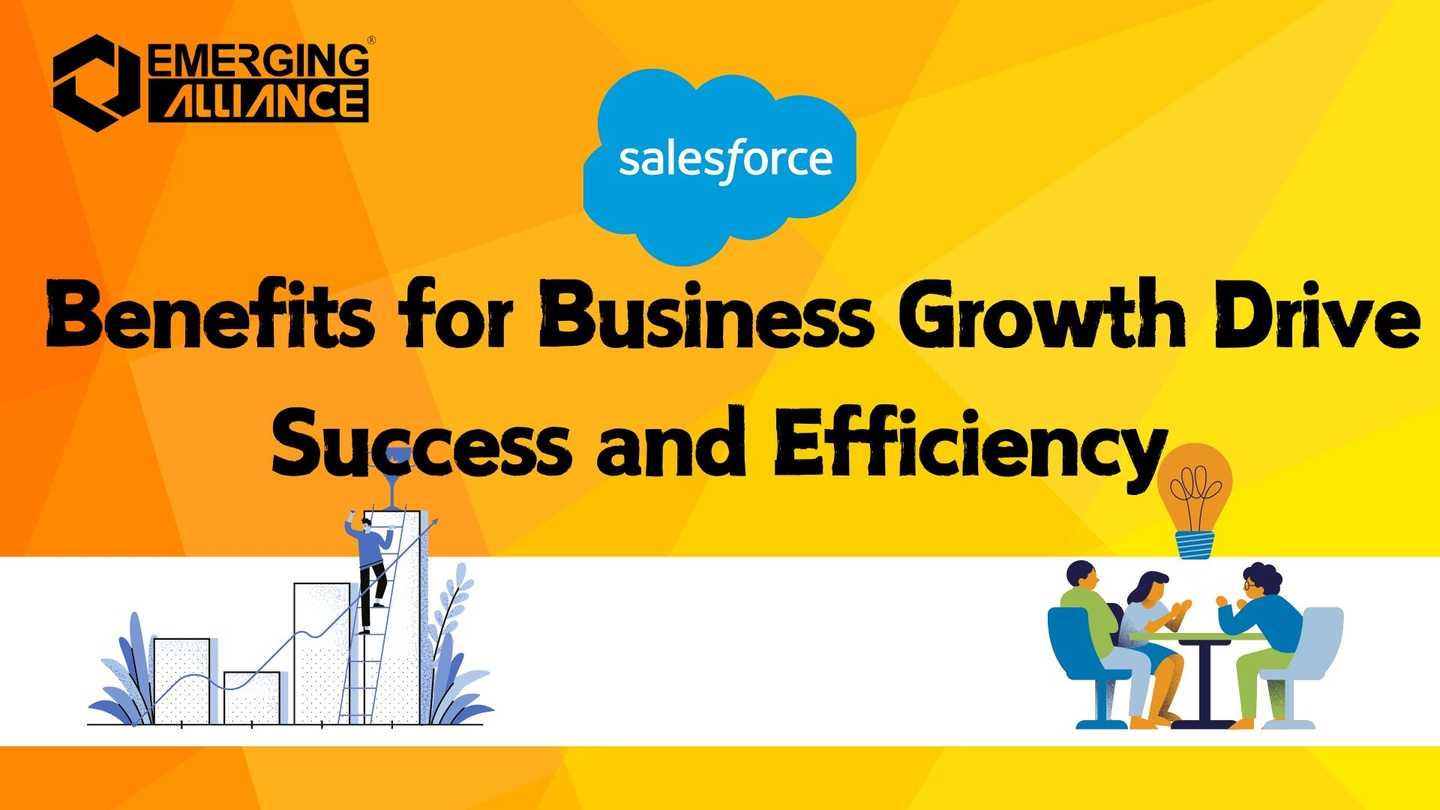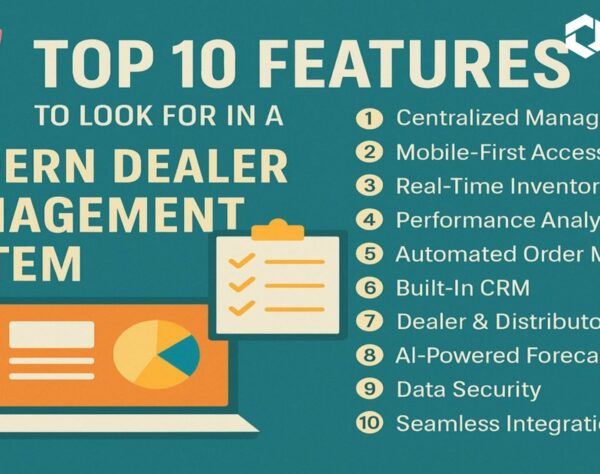
Salesforce Benefits for Business Growth Drive Success and Efficiency

See How Salesforce Enhances Your Business Growth and Efficiency
In today’s fast-paced digital era, businesses of all sizes need the right tools to maintain efficiency and competitiveness. Salesforce benefits for business growth are significant, as Salesforce, one of the leading customer relationship management (CRM) platforms, offers a robust solution for industries ranging from small startups to large enterprises. Implementing Salesforce effectively can drive growth, streamline operations, and create a seamless customer experience. This blog will explore the Salesforce benefits for business growth, highlight its relevance across industry sizes, and examine the challenges faced by businesses that operate without it.
The Benefits of Implementing Salesforce
1. Scalability for Every Industry Size
Salesforce is designed to adapt to the needs of businesses at any stage of growth. For small businesses, Salesforce provides affordable solutions that simplify tasks like tracking customer interactions and automating repetitive processes. As companies grow, Salesforce can scale with them, offering advanced tools such as marketing automation, sales forecasting, and AI-driven insights.
Larger enterprises can leverage Salesforce’s comprehensive features to manage complex operations, including multi-channel sales pipelines, global customer bases, and data-driven decision-making. By implementing Salesforce, companies of all sizes can enjoy streamlined workflows, better communication, and enhanced customer satisfaction.
2. Centralized Data Management
One of the key benefits of Salesforce implementation is its ability to centralize data. From customer interactions to sales data, businesses can access all critical information from one platform. This not only improves visibility across departments but also enables more informed decision-making. With Salesforce, small and large businesses can eliminate the inefficiencies caused by data silos and ensure that every team member is on the same page.
3. Improved Customer Engagement
Salesforce offers a 360-degree view of customers, helping businesses personalize interactions and improve customer satisfaction. For small businesses, this means building stronger relationships with fewer resources. For large corporations, it enables managing vast customer bases effectively. The platform’s tools for tracking customer behavior and preferences allow businesses to deliver targeted marketing, timely follow-ups, and consistent customer service, regardless of their size.
4. Enhanced Automation and Productivity
Salesforce helps automate routine tasks like sending emails, updating customer records, and following up on leads, which frees up valuable time for employees to focus on higher-level activities. Whether a business is small or large, this automation drives productivity and allows teams to work smarter, not harder. Implementing Salesforce also means businesses can set up custom workflows that align with their processes, creating efficiencies that save both time and money.
Minute Details of Salesforce Implementation
1. Customization and Configuration
When implementing Salesforce, customization plays a critical role. For small businesses, simple configurations may suffice, such as setting up custom fields or automating workflows. Larger organizations may require more advanced customization, such as integrating Salesforce with existing systems like ERP or marketing automation platforms. The flexibility of Salesforce allows businesses to tailor the CRM to their specific needs, ensuring that it supports their unique business model.
2. Data Migration and Integration
One of the most delicate aspects of Salesforce implementation is migrating existing data into the new system. Ensuring data integrity during this process is essential for a smooth transition. For small businesses, this may involve importing customer contact lists and historical interactions. Large enterprises often need to integrate Salesforce with multiple legacy systems, which can be complex but necessary for maintaining seamless operations.
3. User Training and Adoption
Successful Salesforce implementation goes beyond just setting up the system; it involves training staff to use the platform effectively. Small businesses may require basic training, focusing on key features like contact management and email automation. Larger organizations, on the other hand, may need in-depth training for different departments to ensure the platform is used to its full potential across the company. Without proper training, businesses may struggle to maximize the return on their Salesforce investment.
Struggles Faced by Companies Without Salesforce
Businesses that have yet to adopt Salesforce often face significant challenges that hinder their growth and operational efficiency. For example:
- Disjointed Customer Data: Without Salesforce, businesses may struggle to consolidate customer information from various sources, leading to data silos and inconsistencies across departments.
- Lack of Automation: Companies without Salesforce often waste time on manual tasks like updating records, sending follow-up emails, and managing sales pipelines. This lack of automation reduces productivity and can lead to missed opportunities.
- Inconsistent Customer Experience: Managing customer relationships without a CRM system like Salesforce often results in inconsistent service, delayed responses, and a lack of personalized engagement.
- Limited Scalability: As businesses grow, the absence of a flexible platform like Salesforce can make it difficult to scale operations smoothly. Companies may experience bottlenecks, fragmented processes, and inefficiencies that slow down their growth.
Understanding the Salesforce benefits for business growth is crucial for any organization looking to improve its efficiency and competitiveness. Businesses that implement Salesforce effectively can overcome operational challenges, enhance customer relationships, and achieve significant growth. Without Salesforce, companies may struggle with inefficiencies, inconsistent customer experiences, and limited scalability. To fully leverage the Salesforce benefits for business growth, consider integrating this powerful CRM into your business strategy.
Visit our website to learn more about Salesforce benefits for your business growth: https://emerging-alliance.net/
Visit us for expert ERP services
Want to speak to an expert? Fill in the form below, and we will be in touch with you shortly!







